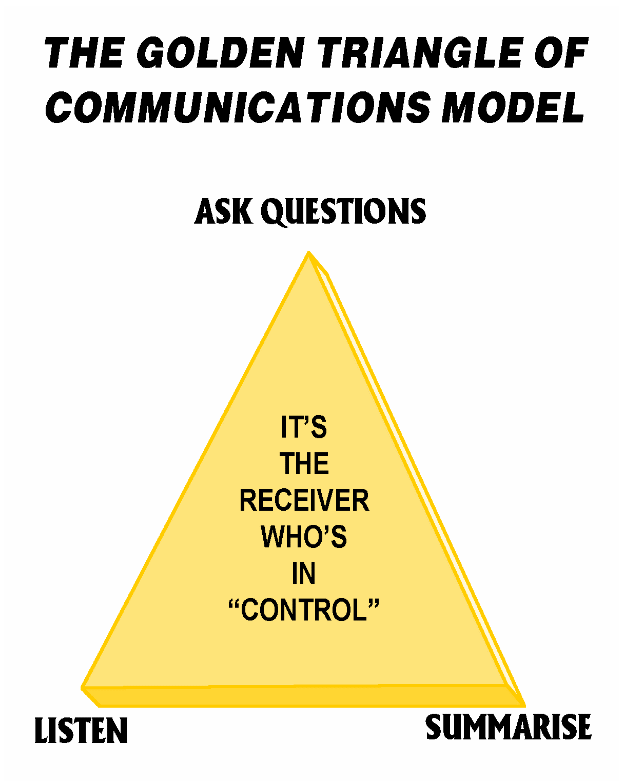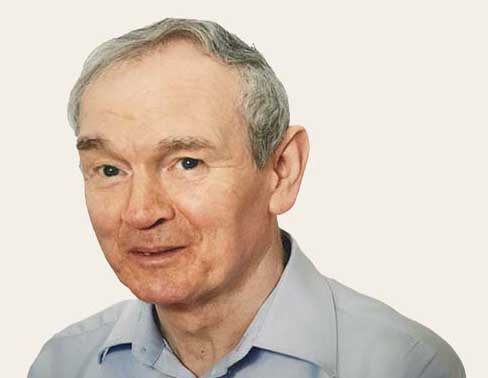to help themselves,
to release and realise more of their potential
Dennis Martin Consultants
Contact us and see how we can work together and create a path to the future that you, your people and your business deserve.
Mentors Who Inspire Mentees:
What is Their 'Secret'?
How Do They Do It?
Why is it that some Mentors Who Inspire achieve outstanding performance from their mentee(s) whilst other mentors never do?
Is it that mentees somehow change their behaviour and performance to match what they perceive and believe their mentors expect of them?
That they live up to, or live down to, what they believe their mentors are expecting?
How does this happen?
Can this powerful mentor's 'secret of success' be taught and / or learned?
This page is intended to answer these questions and more. Read on.
What is the Secret?
It can be Summed Up in the 3 Words below:
The best mentors consistently demonstrate the ability to create high performance expectations that they and their mentee(s) then achieve.
In effect, the mentor's prophecy (i.e. expectations) comes true.
This widely observed and studied phenomenon in which ‘the prophecy causes its own fulfilment’ is often described as a
self-fulfilling prophecy.
It is now widely and successfully used by sports psychologists who coach gold medal champions how to use this technique.
Is that it?
That's not much of a 'secret', most of us have experienced it.
It's true that most of us have experience of self-fulfilling prophecies often without consciously recognising them and often in a negative way.
For example: my wife Brigid may say, 'let's go visit Mary and Tom this afternoon'
and I say, 'do we have to? They are boring, you'll probably argue with Mary as usual and we'll all have a bad time'. [my prophecy]
The drive over to Mary and Tom's was irritatingly slow, one tractor, two sets of roadworks and 3 idiot drivers. [reinforcing my prophecy]
Whilst Brigid and Mary didn't argue much, Tom and I were at loggerheads.
We left after about an hour. They were glad to see the back of us and we were glad to go home.
On the way home, I spoiled the evening by saying to Brigid, 'I told you so, I knew it would be horrible and we didn't even get home in time for the match on TV'. [but my prophecy was fulfilled, I was right].
Things (self-fulfilling prophecies) don't always turn out negative like that.
The best mentors won't allow it to.
They don't dwell on negative prophecies, they create positive prophecies instead so that when they are self-fulfilled whatever needed doing gets done often more quickly and easily as a result.
That is, they are not passive allowing whatever happens to happen to them and then moaning about it.
The inspiring mentor needs to treat the mentee(s) as high performers; have high expectations of them (and himself or herself); and consistently do so openly using genuine feedback, open information and effective active listening and communications (see the Golden Triangle Model of communications below).
This must be proactive, honest, genuine and meant.
It is virtually impossible for a Mentor to mask their expectations because a low expectations message occurs without conscious intention or action on his or her part.
It is the mentee who will perceive and receive messages from the mentor.
This will include messages that were never sent or meant.

If you have any questions or feedback about this model or what we have covered so far, please let me know via the Contact Help Form for Dennis below, and I'll get back to you quickly without cost or obligation to you.
How can a mentee(s) perceive and receive messages that were never sent or meant?
We all can, it is surprisingly easy.
For example: on a freezing cold February morning I walked into the factory and met Bill who I had known for years. I said, 'Hello Bill, it's cold isn't it?'.
Bill replied. 'what's wrong with the heating system?' which was part of his remit as the Maintenance Manager.
I said, 'nothing, I was talking about the weather'.
But I sensed that Bill was not convinced that I wasn't 'having a go' at 'his' heating system. He had 'received' a message I never sent or meant.
And it happens often in communications due to the fact that everything a mentor does say or do, and everything she or he doesn’t say or do, IS communication which the mentee(s) may receive and be sensitive to and respond to inappropriately.
Indifference or non-committed treatment of the mentee(s) by the mentor inevitably leads to the mentee(s) believing that the mentor doesn't think much of him or her and has low expectations which leads to poor performance even if ‘nothing’ is said to that effect (in fact the ‘silent treatment’ is most often interpreted as displeasure and / or that the mentor believes the mentee(s) to be ‘hopeless’).
Mentors Who Inspire Have Strong Self-Belief and Self-Confidence.
The mentor’s self-confidence and self-belief in their ability to develop high performance in mentee(s) needs to be high based on their values and experience, feedback and learning.
If they have doubts about themselves they will expect less of their mentee(s), often sub-consciously, and will inevitably communicate this leading to poor performance.
The mentor’s high self-confidence and self-belief give their high expectations credibility in the minds of the mentee(s) and they accept and believe that the high expectations are valid and realistic and, therefore, they do their best to achieve them.
Low performing mentees often are a ‘symptom’ or reflection of how the mentor sees himself or herself (i.e. often sub-consciously as a low performing mentor).
Can the Positive Skills of Self-Fulfilling Prophecies be Taught or Learned?
Yes, they certainly can.
We include this 'secret of success' in the training and learning experiences we share with mentors, mentees and leaders.
Whilst it is true that some positive thinking right brain dominant mentors may find it easier to absorb, learn and deliver high performance in this area, with the 'right' tuition, feedback, practice and experience everyone will release and realise more of their potential in this important inter-personal skill.
Aha!, Pygmalion
The Irish writer George Bernard Shaw created a play based on this theme in 1913 called, ‘Pygmalion’, in which Eliza Doolittle explains:
‘…..the difference between a lady and a flower girl is not how she behaves, but how she’s treated.
I shall always be a flower girl to Professor Higgins, because he always treats me as a flower girl, and always will, but I know I can be a lady to you, because you always treat me as a lady, and always will’.
Mentors Who Inspire treat mentee(s) as high performers and with trust and respect.
They will treat them as 'equals' and adults who will release and realise more of their potential (i.e. unrealised possibilities and impossibilities)
They will help the mentee(s) to be transformed by mentoring; inclusivity and shared learning, honest feedback and communications; intrinsic motivation; achievements and a mountain of fun.
Mentors Who Impress will expect to be transformed too.
